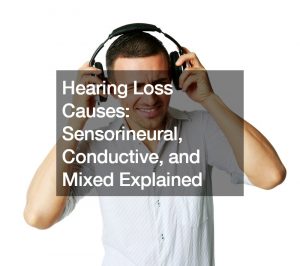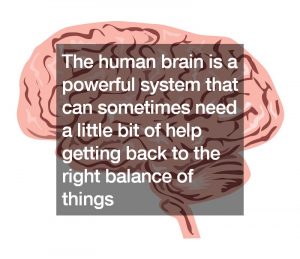People suffering from addiction, as well as those around them, can be quick to believe certain things about addiction and recovery that simply aren’t true. In this blog post, you’ll learn some of the most common myths about substance abuse so that you or your loved one can approach recovery with accurate information.
Myth #1: Addicts are Bad People
A large part of society sees addicts as bad people. After all, they’re the ones who choose addiction even though they know it’s harmful, right? They must not be responsible or moral if they keep using substances despite the negative consequences.
Wrong. Addiction is a disease. It requires professional treatment and support to recover. Unfortunately, addiction is also shrouded in stigma and myths that make it difficult for people to get the help they need.
Addicts need treatment, not judgment. Addiction changes the brain in ways that lead to compulsive drug use. These changes make it very difficult for addicts to stop using even when they want to. Like people with other chronic illnesses, addicts need professional help to manage their disease and achieve long-term sobriety.
Additionally, many addicts are otherwise good people who struggle with substance abuse due to factors beyond their control, such as trauma or mental illness. Condemning someone for their addiction does nothing to help them get better. In fact, it often makes things worse.
Myth #2: Rehab is Unnecessary
When you are suffering from addiction, professional help is essential. Addiction is a complex disease that requires the expertise of doctors, counselors, and therapists. If you try to quit on your own, the chances of relapse are high. However, when you enter a drug and alcohol rehab center or an accredited program, you will have access to around-the-clock care from professionals who can help you every step.
If you have been using drugs or alcohol for a long time, chances are your body has become dependent on them. So, when you try to quit, your body will experience withdrawal symptoms.
These withdrawal symptoms can be physically and mentally debilitating, making it impossible to stick to your recovery plan. That is why medically supervised detoxification is an important part of rehabilitation. During detox, you will be closely monitored by medical professionals who can ensure your safety and comfort throughout the withdrawal process.
Addiction rarely affects just one area of your life. In most cases, it will wreak havoc on your personal relationships, career, and mental and physical health. That is why therapy and support groups are necessary.
In therapy sessions, you will work with a counselor or therapist who can help you identify and address the underlying causes of your addiction. In support groups, you will share your experiences with others who are going through similar struggles. These groups provide invaluable support and motivation during recovery.

Myth #3: Relapsing is Part of Recovery
When people think about recovering from addiction, they often envision a linear process. You hit rock bottom, you seek help, you go through detox and treatment, and then you’re cured.
Unfortunately, it’s not quite that simple. Addiction has no cure because it’s a lifelong journey. However, recovery is possible. And while relapse may be part of the journey for some people, it is not part of recovery.
Relapse occurs when someone who is in recovery falls back into old patterns of behavior. This can happen after a short period of sobriety, or it can happen after years of being in recovery. No matter how long someone has been sober, relapse is always a possibility.
However, just because relapse is a possibility, that doesn’t mean it’s part of the recovery process. In fact, relapse can actually hinder recovery. When someone relapses, they often feel like they have failed. This can lead to feelings of shame and isolation, which can make it even harder to get back on track and stay in recovery.
Additionally, relapse can be dangerous. If someone relapses and begins using drugs or alcohol again after a period of sobriety, their tolerance for those substances will be lower than it was before they sought treatment. This means that they are at a greater risk of overdose if they use the same amount of drugs or alcohol as they did before treatment.
These are just a few of the myths about substance abuse that need to be put to rest once and for all time. Addiction is a serious disease, but it is treatable. If you or someone you love suffers from addiction, know that help is available and recovery is possible with hard work and dedication.




